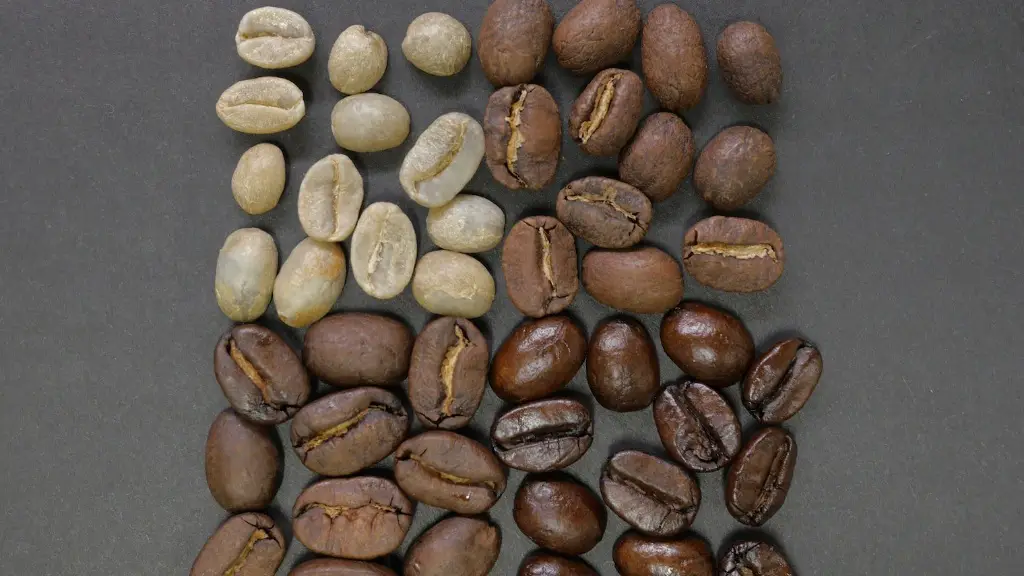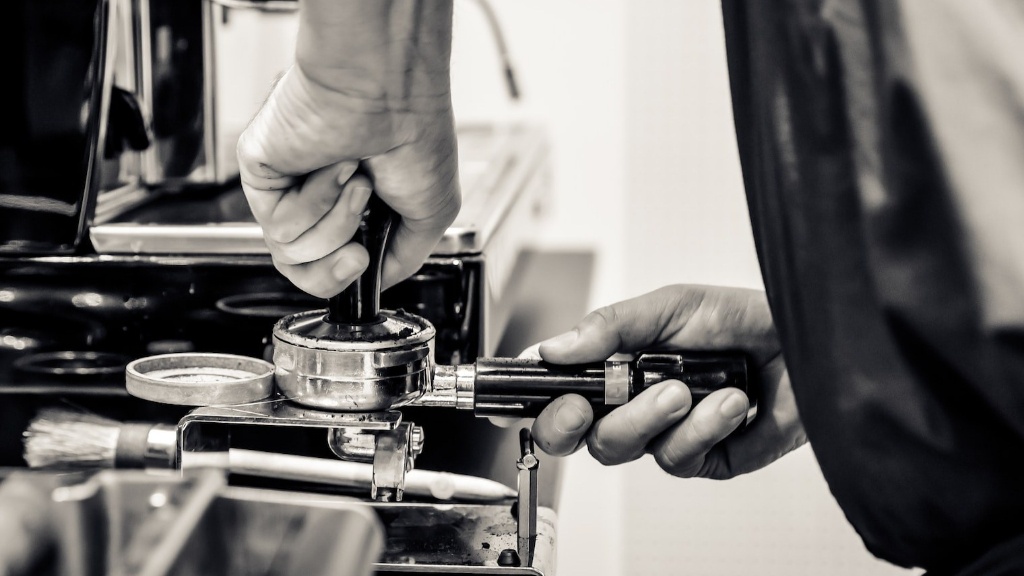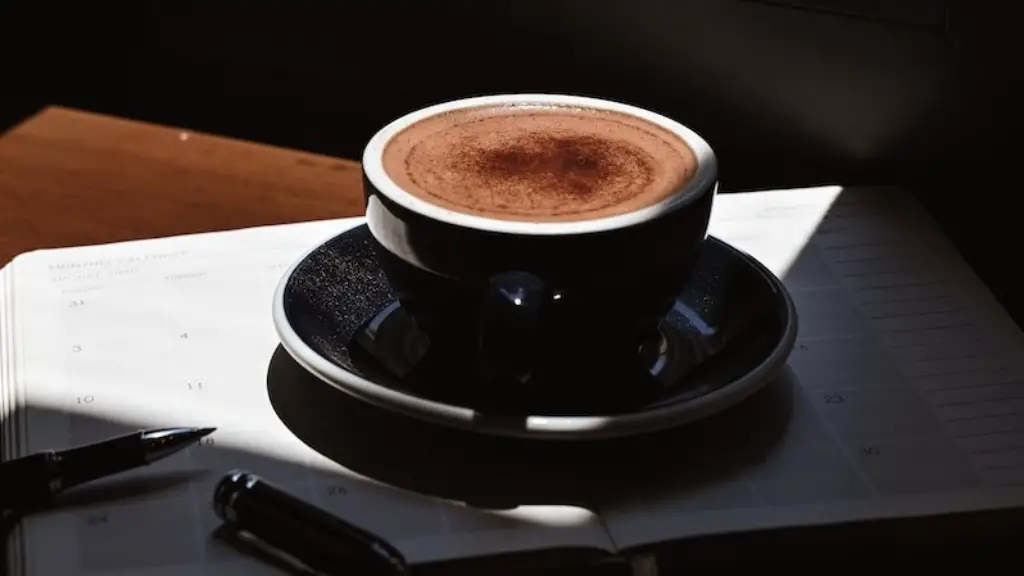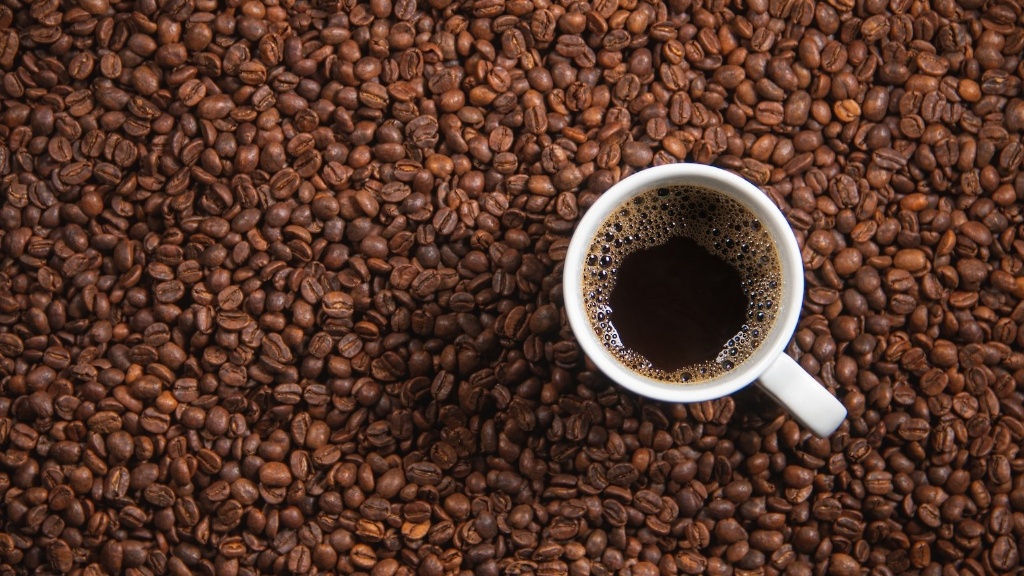Symptoms of Chronic Sleep-Deprivation
Caffeine is often touted as the answer to solving our sleepiness. However, if you’ve ever experienced the immediate wake up effect of coffee wearing off shortly after consuming it, you may wonder why you’re still sleepy despite your caffeine intake. A lot of people are not aware of the fact that chronic sleep deprivation is a major factor in the inability to stay awake. It is important to understand the causes, symptoms and treatments of sleep deprivation so that you can better manage your lifestyle and understand why you’re still sleepy after drinking coffee.
Sleep deprivation is when an individual fails to meet the recommended daily sleep requirement, which is 7-9 hours for adults. Over time, a lack of regular, quality sleep leads to chronic sleep deprivation, which can have a major impact on well-being. Long term sleep deprivation can cause major physical and mental side effects, such as headaches, irritability, increased stress, decreased alertness, and weakened immune system.
Caffeine is a stimulant which can help reduce sleepiness and improve alertness temporarily. However, the impact of caffeine is short-lived and the effects wear off after several hours. If someone has not been getting the recommended hours of sleep, drinking coffee will not undo the accumulated effects of sleep deprivation and they will continue to experience sleepiness.
Establishing Healthy Sleep Habits
So why am I still sleepy after drinking coffee? According to experts, the best way to combat chronic sleepiness is to establish healthy sleep habits. This can include creating a wind-down routine of low intensity activities before bed, sticking to a sleep schedule and avoiding screens, exercising regularly and engaging in calming activities to reduce stress levels before going to bed.
Time management is an important factor in ensuring that deserving time is allocated for sleep. For those who have difficulty sleeping or have come to rely on caffeine, improving your diet and lifestyle factors can make all the difference. Eating a balanced diet and monitoring what is consumed after 8pm are essential for healthy and restorative sleep, as is managing stress levels, controlling your environment and avoiding stimulants late at night.
Creating new sleep habits each day is the key to helping resist day-time sleepiness and getting sufficient rest. It is also important to remember that coffee is only meant to provide a temporary boost of alertness, and not to replace sleep entirely.
Alternative Solutions for Sleepiness
Apart from developing healthy sleep habits, there are also many alternative solutions that can help those struggling with sleepiness. Taking short naps during the day, for instance, can provide an instant pick-me-up and restore alertness. Including power naps or yoga nidra practice into your daily routine can also be effective in improving your energy and alertness levels.
Regular exercise is also an great way to combat fatigue, as it can lead to increased energy levels, improved sleep quality and reduced stress. Eating nutrient dense foods can also help provide your body with the energy needed to stay awake and alert. Finally, engaging in deep breathing exercises is a great tool to increase vitality and alertness quickly without the use of stimulants.
Managing Caffeine Intake
When deciding whether to drink caffeine to address sleepiness, it is important to consider the risks associated with caffeine consumption. Caffeine is a powerful stimulant, and can cause anxiety, headaches, jitteriness and even adrenal fatigue in some individuals. Prolonged caffeine consumption can also disrupt the body’s ability to regulate its own energy levels, leading to a ‘crash’ in energy and alertness when the caffeine wears off.
According to experts, it is important to maintain a manageable caffeine intake if you are experiencing sleepiness. Consuming caffeine in moderate amounts can help alertness and energy, but it should not be used as a replacement for quality sleep. Additionally, reducing the amount of caffeine consumed and only drinking one or two cups a day can help reduce the risk of experiencing anxiety and other adverse effects.
Identifying the Signs of Excessive Caffeine Intake
If you think you might be consuming too much caffeine, it is important to pay attention to certain signs of excessive caffeine intake. These can include gastrointestinal distress, headaches, difficulty sleeping at night and increased irritability. Additionally, if your heart rate or blood pressure is raised, this could be a sign that you are consuming too much caffeine as well. If any of these symptoms occur, it’s recommended to keep a food diary and take note of how often you consume caffeine, as well as whether or not you experienced the symptoms afterwards.
Improving the Impact of Caffeine
If you are drinking coffee to combat sleepiness, there are some easy ways to make it more effective. Adding a touch of healthy fat or a source of natural protein can help extend the energy boost from the caffeine, by slowing its absorption and allowing a more gradual and sustained alertness. Additionally, avoiding sugar, artificial sweeteners and cream can help reduce spikes and dips in energy levels.
Understanding the Role of Caffeine
At the end of the day, it is important to remember that caffeine is a temporary boost and that the only way to ensure optimal functioning and alertness is to stay on top of your sleep routine. While consuming moderate amounts of caffeine can help provide an immediate alertness, it should not replace healthy sleep habits and other lifestyle factors.
Reaching Your Sleep Goals
Making sure you reach your desired sleep goals is the first step towards healthy, sustained alertness. If you find that you are still sleepy despite drinking coffee, consider assessing your sleep habits and how well you are managing your time. Try to break poor sleep habits and assess your diet to make sure you are getting enough vitamins and minerals. Finally, if you think you might be consuming too much caffeine, talk to a healthcare provider about your concerns.
The Importance of Taking Breaks
Taking multiple breaks during the day can also be beneficial for alertness. Breaks are often seen as counterproductive, but taking a short break can be beneficial for your overall energy and alertness. If you’re feeling sleepy and sluggish, getting away from your desk and moving around, drinking some water or even taking a few deep breaths can be a great way to re-energize and get back to work. Taking breaks can also help re-establish focus and focus, improve creativity and increase productivity.
Mindful Moments and Deep Breathing
Introducing mindful moments and techniques such as deep breathing and progressive muscle relaxation (PMR) into your daily routine is another effective way to increase alertness and energy levels. Deep breathing and PMR exercises can help reduce stress, improve focus and restore energy quickly. Taking five to ten minutes to relax and do an activity such as stretching or meditation can also help clear your mind, reduce fatigue and get back to work with a refreshed and energized state of mind.
The Benefits of Essential Oils
Essential oils can also be a great way to increase energy and alertness during the day. These plant-based extracts can provide an immediate pick-me-up and restore alertness through their aromatherapy properties. Using essential oils such as lemon, rosemary and peppermint, either through diffusion or inhalation, can provide an instant and natural boost of alertness and energy.
Getting Enough Quality Sleep
At the end of the day, it is essential to get enough quality sleep in order to function optimally during the day. While alternative methods such as mindful moments, essential oils and taking breaks can be helpful, the best way to combat sleepiness is to get sufficient rest. Developing healthy sleep habits, managing time and avoiding excess stimulants such as caffeine can help reduce sleepiness and ensure you stay alert and energized throughout the day.




